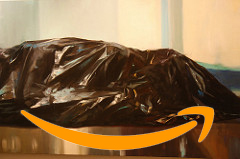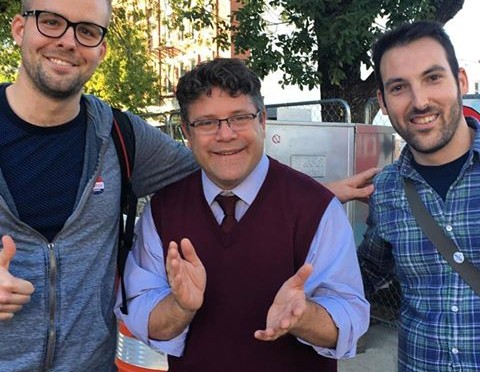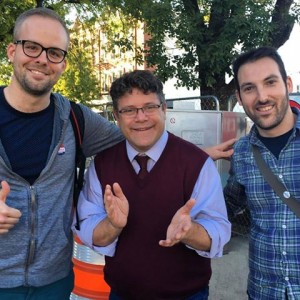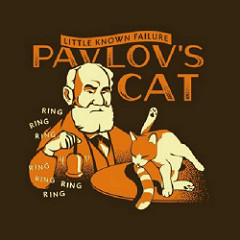Podcast: Play in new window | Download (Duration: 50:04 — 68.8MB)
Subscribe: Spotify | RSS | More
All work and no play…is not what we do.


Sometimes you’re having so much fun that the time flies by and you forget that you have other important things to do. That’s what happened on this week’s show, in which Dave brings Aditi Patel, Aline Sandouk, Kylie Miller and Irene Morcuende along for a trip through the medical supplies section of Amazon. Can they guess what the medical device is based on the reviews alone?
This week in science and medicine news
We did get to talk about one bit of medical news, pointed out to us on twitter by AJtha808Scientist: the fact that Iowa made national news by forcing the closure of 1/4 of its Planned Parenthood clinics. Thanks for the tip!
We want to hear from you
We also heard from Hannah of Jackson Hole, Wyoming. She wrote in to let us know why, according to the study we discussed in our last show about longevity in US counties, her beautiful corner of the country is so damn healthy. Spoiler: it doesn’t involve sitting on the couch and eating chips like Dave was hoping. Listeners, share your suggestions with us each week. Call us at 347-SHORTCT any time, and email theshortcoats@gmail.com.
















